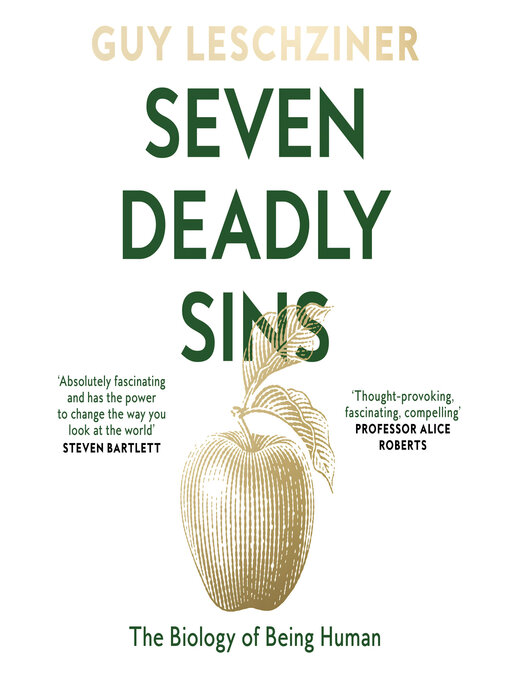- Available now
- Fantasy and sci-fi adventures
- New eBooks
- A good laugh
- Try something different
- Crime and thrillers
- Most popular
- New kids additions
- New York Times bestsellers
- New teen additions
- Body and health
- Poetry and short stories
- Family ties
- See all ebooks collections
- Available now
- New audio books
- Always Available Audiobooks
- The sound of a crime
- Most popular
- Romance
- Try something different
- A good laugh
- New kids additions
- Listen to a bestseller
- New teen additions
- Learn a new language
- Listen if you dare
- See all audiobooks collections

